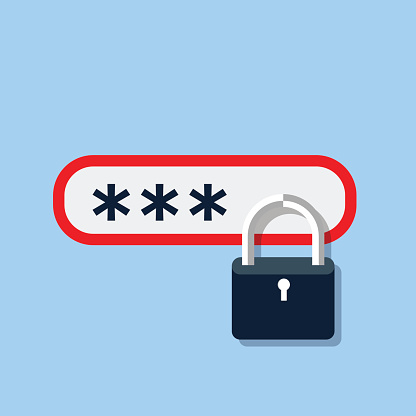And How to Protect Yourself From Them
By Ellie Hardman
As we are in a time where almost all of business transactions are electronic it is more important than ever to be cyber-aware. We also need to understand that commitment to protecting all files, information, and data from thieves and attackers is paramount to the longevity of a business through maintaining business continuity or guarding its reputation for example.
Password Hacking
In many cases successful cyber-attacks are the result of poor passwords set up by employees, and hackers have the ability with the help of technology to crack a password even if it is encrypted. This practice of password hacking is known as “brute forcing”, it uses software that combines and recombines words taken from the dictionary to create thousands upon thousands of different combinations until one matches the password for the account in question.
You are unable to protect your systems from password hacking 100% but you can significantly reduce the likelihood of a hacker being able to crack your password by making it a lot harder for them to do so. It all comes down to creating very sophisticated passwords for all of your accounts, for example, all of your passwords should comprise a range of lowercase and uppercase letters as well as numbers and different characters. Try to refrain from using words in your passwords too, especially simple words, words relating to the account itself, or words and dates relating to you. So avoid passwords like “Admin123”, “BillsAccounting2017” or “Eagles260187” there shouldn’t be a business name, sports team or birthday in sight.
The “It Won’t Happen to Me” Ideal
The world of cybercrime is completely non-discriminatory, no matter what size your business is, whether it is just you or a hundred others, if you have a weakness in your system you are still a target. Hackers are equal opportunists and their goal at the end of the day is to make money so they will take any chance they can to make an attack.
So many small business owners have the mind-set that their business is too small and definitely not big fish enough for anyone to be interested in targeting it for an attack to steal information. This thought that lots of SME owners carry tends to mean that they hold back on their security measures as a result. Just downloading and installing safety software such as anti-virus isn’t enough, it is essential that all of the maintenance needed is carried out as well to make sure you’re protected at all times.
Human Error
To a small business its employees are everything, a business’s success heavily depends on their level of work and determination to achieve. They drive sales, manage accounts, even keep the stationary stocked, but they are also relied upon to keep the business secure physically and online. Hackers take full advantage of vulnerability created by employees either as a result from carelessness or an honest mistake. As attacks become more and more sophisticated even the most careful and security-aware employees can fall victim to phishing scams asking for sensitive password information or attachments that seem safe but actually contain a harmful virus, even losing a laptop or mobile device can lead to a security issue.
Just one small mistake can lead to a large data breach and can have a massive impact on the company, in the 2016 Cost of Data Breach Study it was found that 25% of data breaches were the result of human error, making the faults of employees the largest cyber security risk to your business. To try to minimize the risk and likelihood of a breach occurring in your business due to one of your employees you should provide adequate training so that any one employee can know when an email is genuine or fake.
Ellie Hardman is a marketing manager for Infologic, an independent provider of IT services and solutions.







